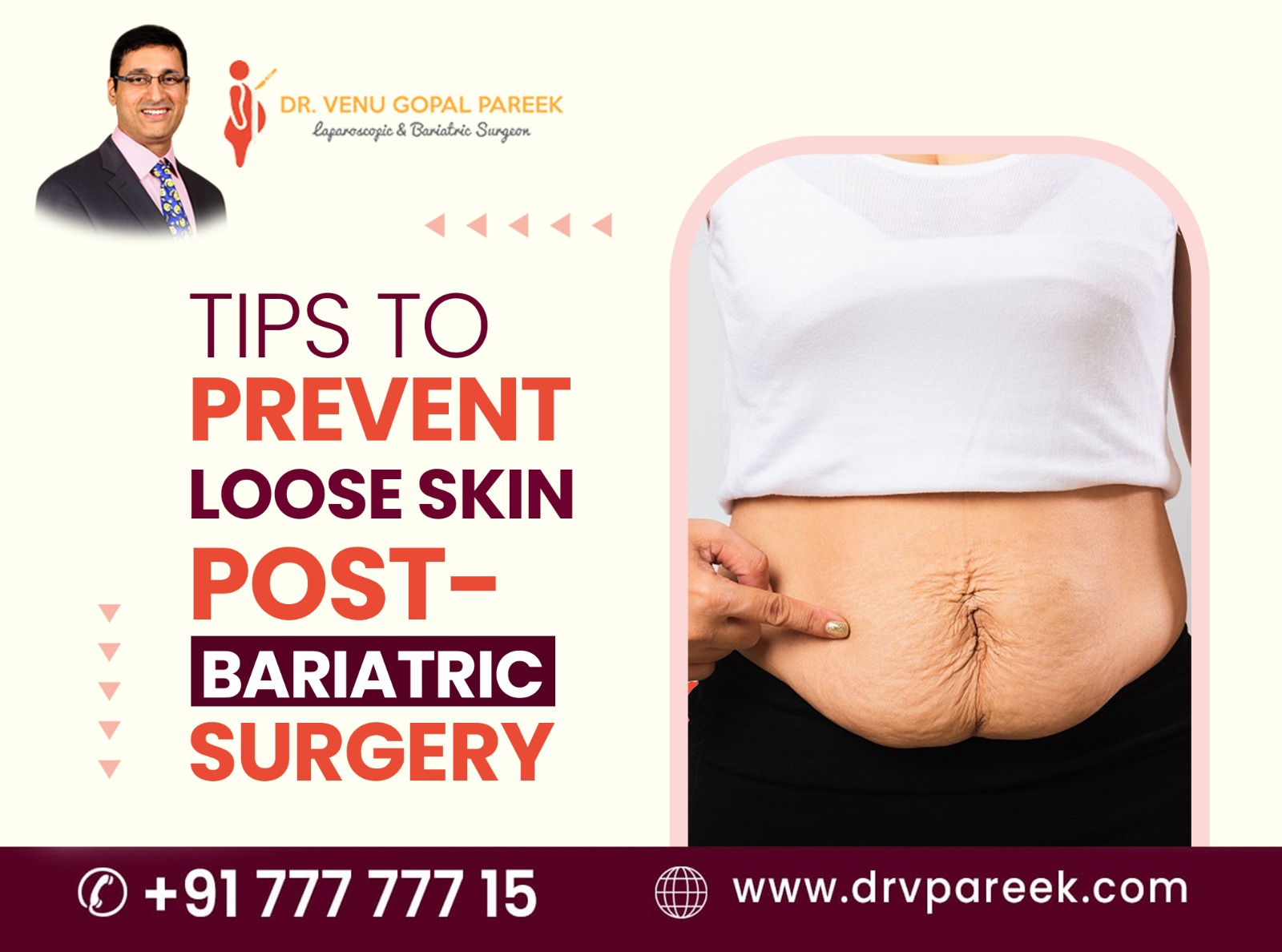
Bariatric Surgery and its impact on GERD
Bariatric surgery is a form of surgery that helps people lose their excess weight. It is also known for treating various obesity-related conditions. This procedure works by altering the anatomy of the digestive system to regulate food consumption.
GERD is a gastrointestinal disorder that can cause frequent backflow of gastric contents into the esophagus. Heartburn, or acid reflux, is the most common symptom of this condition, which occurs when stomach acid travels back into the esophagus. Often, people may experience a burning sensation in their chest or throat, as well as a bitter taste due to acid reflux.
Usually, bariatric surgeries can treat various complications, which include GERD, also known as acid reflux. However, certain bariatric surgeries might trigger the GERD problem or worsen its symptoms.
For more information about bariatric procedures and their impact on GERD, continue reading.
The connection between acid reflux, GERD, and gastric bypass surgeries
Bariatric surgeries involve changing the natural shape of your stomach and the way food travels in the stomach. Sometimes, these changes might disturb the functions of the lower oesophagal sphincter (LES).
The LES is a muscle that looks like a ring located at the bottom of esophagus. The main function of this LES ring is to open and allow food into the stomach, and then to close to prevent the food contents from entering back into the esophagus.
If the sphincter is not functioning properly, the food contents in your stomach might re-enter the esophagus, which may result in GERD or acid reflux.
Effects of bariatric surgeries on the lower oesophagal sphincter (LES).
- “angle of His” – it is referred to as the angle where the esophagus and the stomach meet—will become flat. In such cases, the contents of the stomach might enter back into the esophagus frequently.
- Bariatric surgeries involve reducing the size of the stomach, which may increase the pressure inside the stomach and on the LES, causing it to open again.
- As the volume of the stomach is reduced, it may reduce the resting pressure on LES, preventing it from closing properly
- food remaining in the stomach for a longer period – after surgery, it may take more time to digest food
Bariatric surgeries are of different types, and experts say that certain bariatric surgeries can improve the symptoms of GERD, while some forms of bariatric surgery can make the symptoms of GERD worse or trigger them to develop.
Roux-en-Y gastric bypass (RYGB)
RYGB surgery is a form of bariatric surgery in which the surgeons divide the stomach into two parts, one smaller and the other larger.
These two parts of the stomach are connected to different parts of the small intestine so that gastric juices from the larger part of the stomach travel to the small intestine and combine with the food you consume.
A review performed on a group of people who underwent RYGB in 2020 revealed that after 9 months, 94% of people have improved their symptoms of GERD. RYGB is one of the best bariatric surgeries that can relieve GERD symptoms, as it can reduce pressure inside the stomach and produce less stomach acid, along with weight loss.
Sleeve gastrectomy
In this form of bariatric surgery, around 80% of the stomach is removed so that it can hold less food. In addition, people may feel less hungry because the production of hunger-causing hormones will be reduced.
The same 2020 review says that around 84.1% of people could not overcome GERD symptoms after sleeve gastrectomy. Additionally, the symptoms become worse in some people after 18 months. Some people may develop GERD after sleeve gastrectomy surgery.
This is because Sleeve gastrectomy surgery may alter the “angle of His”. Also, this procedure can build pressure inside your stomach, which alters the functions of LES.
Adjustable gastric band (AGB)
This is a form of bariatric surgery that involves placing an adjustable silicone band around the top to create a small gastric pouch. The major purpose of this procedure is to reduce the quantity of food you eat.
The effects and advantages of AGB on GERD are mixed. A review by experts in 2020 stated that some people are relieved of GERD symptoms after surgery, while some people acquired the condition. People may acquire GERD even after years post-surgery.
One of the reasons for developing GERD might be due to the creation of larger gastric pouches, which increase the pressure in the stomach.
Treatment for acid reflux or GERD, after surgery
Doctors often recommend proton pump inhibitors (PPIs) to treat GERD or acid reflux symptoms. These medicines can reduce acid production in the stomach.
Prokinetic drugs can also be used to treat GERD symptoms because they strengthen LES contractions and improve muscle contractions along the GI tract. However, if medication doesn’t work, the next best option would be surgery.
There are different kinds of surgeries available to treat GERD, or acid reflux, that develops following bariatric surgery.
RYGB surgery
Converting bariatric surgeries to RYGB surgery can help in treating GERD, or acid reflux, which is a safe and successful technique. It is proven that converting AGB and sleeve gastrectomy procedures into RYGB relieves acid reflux.
LINX surgery
LINX is another surgical procedure where the surgeon implants a ring of magnets close to the esophageal base so that it closes after food consumption, reducing the symptoms of reflux.
Stretta procedure
This is a minimally invasive procedure that strengthens the LES muscle. During this procedure, the surgeon inserts an endoscopic tube into the throat and emits low-heat radiofrequency energy in the form of electromagnetic waves to the lower oesophagal sphincter (LES) and the gastric cardia.
If you have GERD and want to undergo bariatric surgery or are suffering from GERD after any weight loss surgery and looking for the best GERD treatment, consult Dr. Venugopal Pareek, one of the best bariatric surgeons in Hyderabad. Don’t hesitate, untreated, GERD or acid reflux can develop severe complications.







